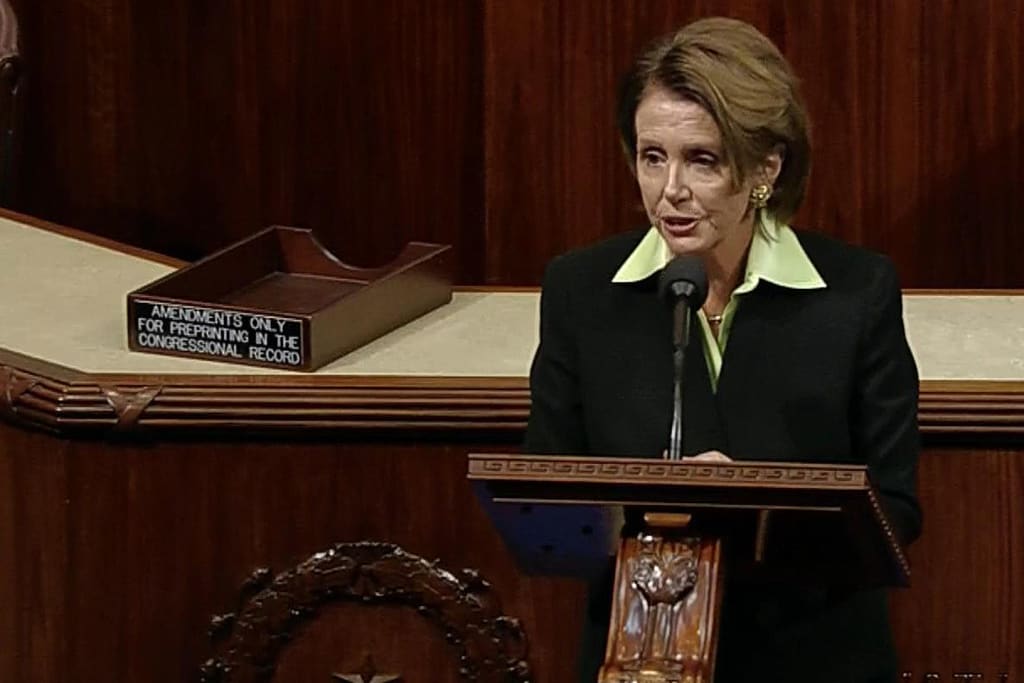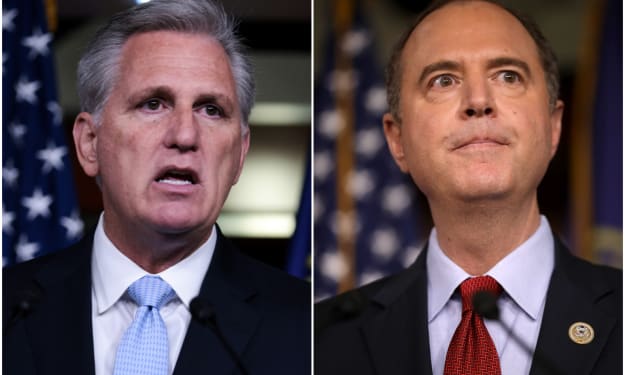A totally unfair and undemocratic international economic order prevails, says Cuban president
Economic inequality

Introduction
Background on the international economic order
Challenges and criticisms of the current economic order
Economic inequality
Exploitation of developing countries
Lack of democratic decision-making
Impact on Cuba
Economic sanctions
Limited access to global markets
Dependence on foreign aid
Efforts for change
Advocacy for fair trade
Strengthening regional cooperation
Promoting South-South cooperation
The role of international organizations
United Nations
World Trade Organization
International Monetary Fund
Conclusion
FAQs
A Totally Unfair and Undemocratic International Economic Order Prevails
Introduction
In a world increasingly interconnected through global trade and financial systems, the international economic order plays a crucial role in shaping the fortunes of nations. However, the current economic order has been subject to criticism for its unfairness and undemocratic nature. In a recent statement, the Cuban President expressed his concerns about the prevailing international economic order, highlighting its inherent injustices and the negative impact it has had on developing nations like Cuba.
Background on the International Economic Order
The international economic order refers to the system of rules, institutions, and agreements that govern global economic relations. It encompasses various aspects such as trade, finance, investment, and development cooperation. Since the end of World War II, the international economic order has largely been shaped by powerful countries, resulting in a structure that favors their interests.
Challenges and Criticisms of the Current Economic Order
The existing international economic order has faced significant criticism due to its inherent flaws and biases. One of the primary concerns is the perpetuation of economic inequality. The gap between developed and developing countries continues to widen, with the former benefiting from favorable trade terms, capital flows, and technological advancements. This disparity has led to the marginalization and exploitation of many developing nations.
Furthermore, the current economic order often fails to address the specific needs and challenges faced by developing countries. It tends to prioritize the interests of powerful nations, making it difficult for less influential countries to protect their industries and promote sustainable development. Decision-making processes within international organizations often lack transparency and inclusiveness, further exacerbating the undemocratic nature of the system.
Impact on Cuba
Cuba, a developing country that has long been subject to economic sanctions, has experienced firsthand the detrimental effects of the current international economic order. These sanctions, imposed by the United States, have severely limited Cuba's access to global markets and financial systems. As a result, the country has faced numerous obstacles in its efforts to develop a diversified and self-sustaining economy.
Moreover, Cuba's dependence on foreign aid has increased due to its limited participation in international trade. This reliance on external assistance further undermines the country's economic sovereignty and hampers its ability to pursue independent development strategies. The unfairness of the international economic order has placed Cuba and other similar nations at a disadvantage, hindering their progress and perpetuating a cycle of dependence.
Efforts for Change
Recognizing the need for a fairer and more democratic international economic order, many countries and civil society organizations have been advocating for change. One approach is the promotion of fair trade, which seeks to create more equitable trading conditions for developing nations. Fair trade initiatives emphasize transparency, environmental sustainability, and fair wages,
Strengthening regional cooperation is another avenue pursued by countries seeking to counter the unfairness of the current economic order. Regional integration efforts, such as trade blocs and economic unions, aim to enhance economic cooperation among neighboring nations. By pooling resources and leveraging collective bargaining power, these regional initiatives can negotiate better trade terms and advocate for the interests of their member states. For instance, the Association of Southeast Asian Nations (ASEAN) has been instrumental in promoting economic integration and development in the Southeast Asian region.
Another approach is promoting South-South cooperation, which involves collaboration and trade between developing countries themselves. This alternative framework challenges the dominance of developed nations and provides opportunities for mutually beneficial exchanges among developing economies. Through South-South cooperation, countries can share knowledge, resources, and technical expertise, fostering self-reliance and reducing dependency on the unfair international economic order.
The Role of International Organizations
International organizations play a crucial role in shaping and maintaining the international economic order. The United Nations serves as a platform for member states to discuss and address global economic issues. It provides a forum for dialogue and negotiation, facilitating efforts to reform and democratize the international economic system.
The World Trade Organization (WTO) is a key institution responsible for regulating and promoting global trade. While it has faced criticism for favoring powerful countries and neglecting the interests of developing nations, the WTO also provides a platform for addressing trade disputes and negotiating fairer trade rules.
The International Monetary Fund (IMF) plays a role in managing the global financial system. It provides financial assistance and policy advice to member countries, but its conditionality and structural adjustment programs have been criticized for exacerbating inequalities and undermining sovereignty.
Conclusion
In conclusion, the international economic order that prevails today is widely considered unfair and undemocratic. Its inherent biases and unequal power dynamics perpetuate economic inequality and hinder the development of many nations, including Cuba. Efforts for change include advocating for fair trade, strengthening regional cooperation, and promoting South-South cooperation. International organizations such as the United Nations, WTO, and IMF also have a role to play in reforming the current economic order to make it more equitable and inclusive.
FAQs
Why is the current international economic order unfair?
The current international economic order is considered unfair because it perpetuates economic inequality, favors the interests of powerful nations, and marginalizes developing countries.
How do economic sanctions affect countries like Cuba?
Economic sanctions restrict a country's access to global markets and financial systems, limiting its ability to trade and develop its economy. In the case of Cuba, economic sanctions imposed by the United States have had a significant impact on its economic growth.
What is fair trade, and how does it promote a fairer economic order?
Fair trade promotes equitable trading conditions by emphasizing transparency, fair wages, and environmental sustainability. It aims to empower farmers and workers in developing countries and ensure they receive a fair share of the value chain.
How can regional cooperation help counter the unfairness of the international economic order?
Regional cooperation allows countries to pool resources and leverage collective bargaining power to negotiate better trade terms. It strengthens the voice of developing nations and provides opportunities for economic integration and development.
What is the role of South-South cooperation in challenging the current economic order?
South-South cooperation promotes collaboration and trade between developing countries, offering an alternative framework to the dominance of developed nations. It fosters self-reliance, knowledge-sharing, and reduces dependency on the unfair international economic order.





Comments
There are no comments for this story
Be the first to respond and start the conversation.